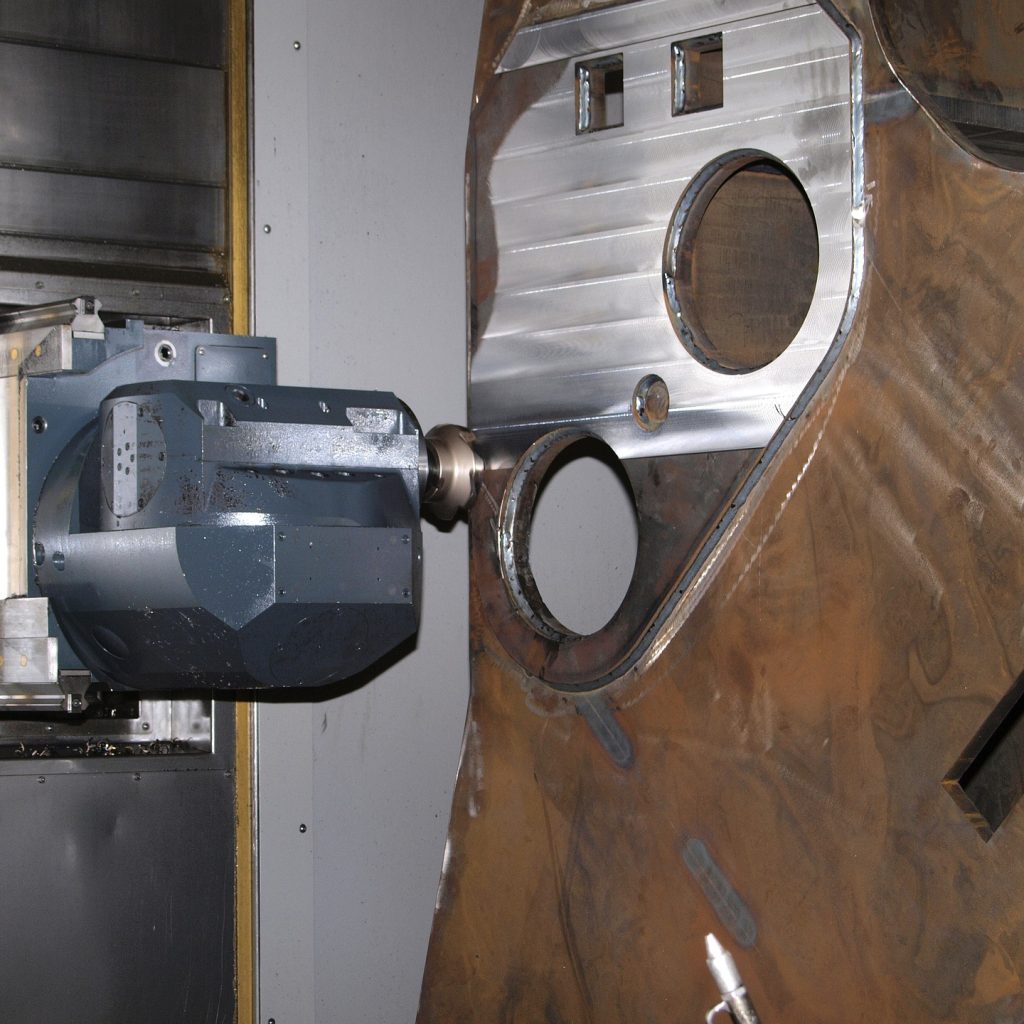
The manufacturing industry highly depends on computer numerical control machining in various operations.
These include those that relied on manually operated equipment in the past such as routers, center lathes, vertical millers, shaping machines, and routers.
CNC manufacturing machines come with numerous benefits that explain why manually operated machines have been replaced.
Today, manufacturers in different industries are leveraging these advantages to enhance their manufacturing and fabrication applications.
Computer Numerical Control (CNC) machining offers convenient, efficient, and accurate production capacity.
This is perfect for generating items usually produced with a grinder, router, center lathe, shaping machine, and vertical miller in large quantities.
CNC machining gives companies production and financial advantages as opposed to traditional machines.
In manual lathing, for instance, there must be an expert technician for every machine. In CNC machining, however, only one experienced person is required to operate different machines.
Compute numerical control generates a wide range of plastic and metal components that are used in general and business environments.
Many industries today require consistent, accurate, and intricate cuts. These industries include:
- Aerospace
- Automotive
- Agriculture
- Construction
- Electronics
- Transportation
- Dental
- Firearms
- Manufacturing, all types
- Hospitality
- Metalwork
- Production
- Military
- Publishing
U.S. Air Force mechanics developed the introductory CNC machines in the 1940s. The machines were operated through punched paper technology.
Over the years, this has evolved to present-day digital software.
CNC machining grew in popularity following its ability to generate large quantities precisely in a vast range of applications.
The computerization feature of CNC machining produces consistent and comprehensive results.
How does CNC Machining Compare to Traditional Machines?
Both traditional and CNC machining practices are designed to accomplish the same results.
They begin with a raw plastic or metal chunk before shaping it into a part.
The main difference between these two is the manual structuring of the traditional system and the automation of CNC machining.
Some of the main advantages of CNC machining include precision, production rate, and speed. Both procedures are utilized in a vast range of tasks that involve different materials such as
- Brass
- Aluminum
- Copper
- Fiberglass
- Foam
- Polypropylene
- Plastic
- Titanium
- Steel, and
- Wood
Every business has different needs when it comes to cutting chores. However, some of the common cutting chores you can expect from a CNC machine are:
- Contour
- Bore
- Cut
- Engrave
- Drill
- Lathe
CNC machining, however, may not be ideal in tasks that involve small operations that require non-complex metal shapes.
Understanding CNC Machine Advantages
- Precision. As we’ve mentioned before, CNC machines help eliminate human error. This is one of the biggest reasons why many manufacturers are adopting this enhanced system.
- High scalability and production. CNC manufacturing machines come with specially designed specifications and parameters to facilitate the execution of materials in large quantities and boost flexible scalability.
- Dependable endurance. CNC machines operate throughout and only stop when repairs or maintenance are inevitable.
- Identical products. Manufacturing plants that use CNC machines produce identical products. It’s worth mentioning that even the most skilled engineers when it comes to operating traditional machines hardly produce identical products.
- Enhanced capability. When used together with enhanced design software, CNC machines generate outputs that cannot be simulated by manual machines.
Advanced software is more efficient compared to manually operated machines. CNC machines are specially structured to produce any texture, shape, or size you need.
- Reduced labor. In CNC machining, companies will need fewer employees to complete production tasks.
Manufacturing plants only need one expert operator to run various CNC autonomous machines and a programmer to load them with required designs.
On the other hand, companies that use manual machines need to have an expert operator for each machine and a supervisor for each group.
CNC machines help you make major savings on manpower which you can use to improve your products to maximize consumer experience.
Finally
Do you own a manufacturing plant and wish to increase productivity and reduce waste? CNC machining can come in handy. If you are yet to implement this advanced technology, you may want to start considering it.
